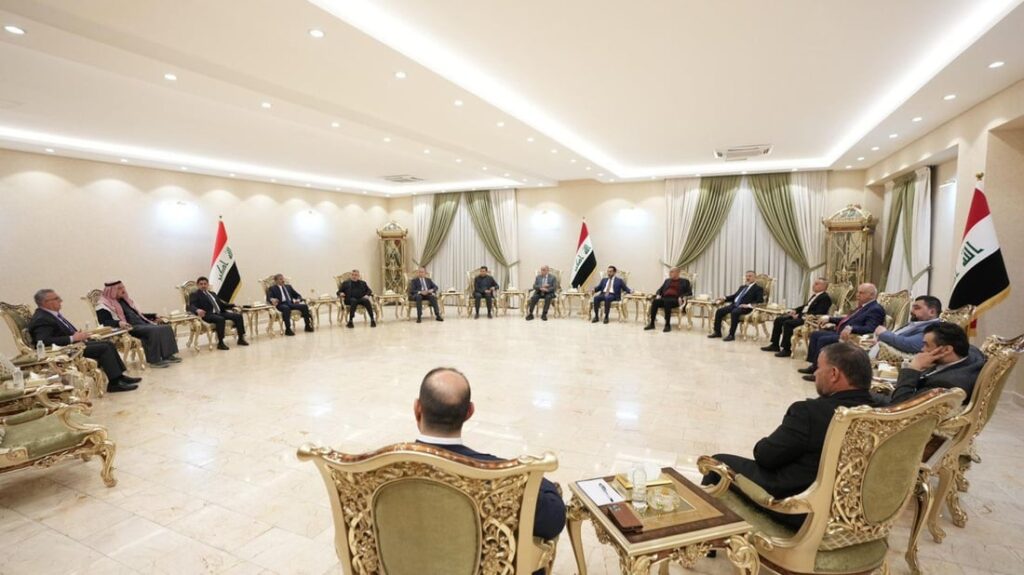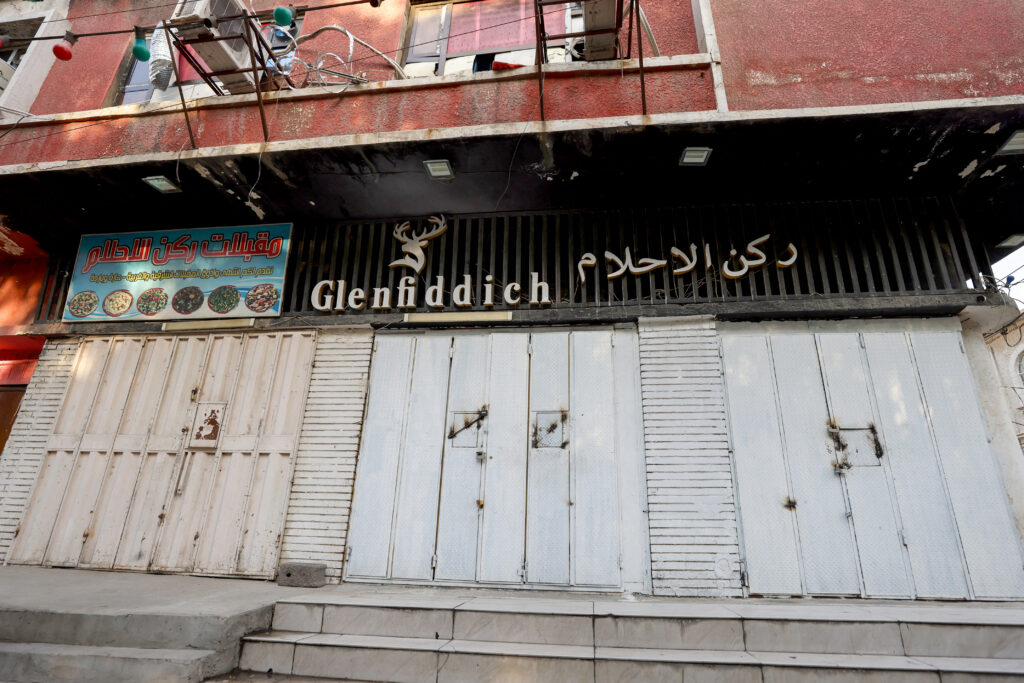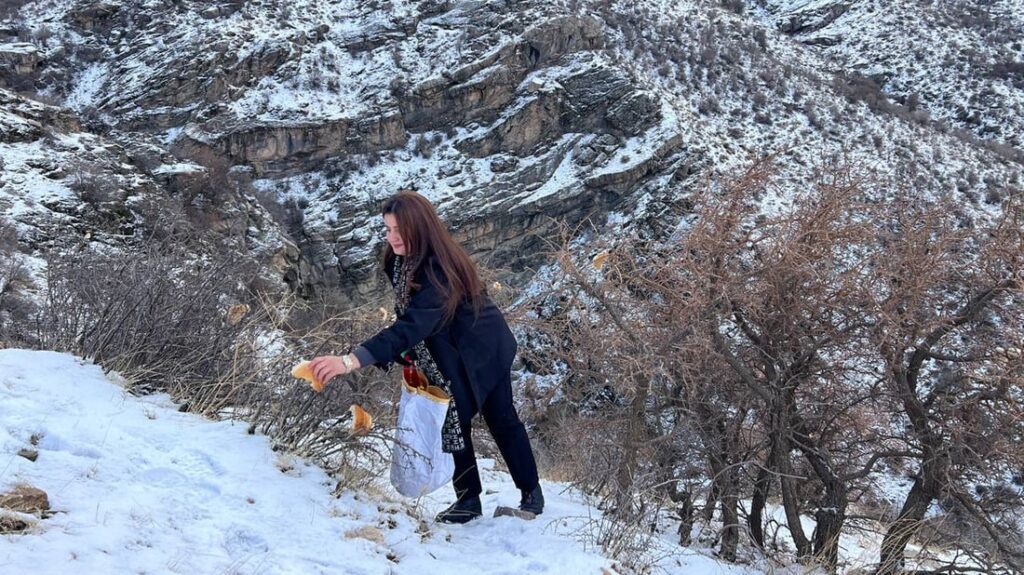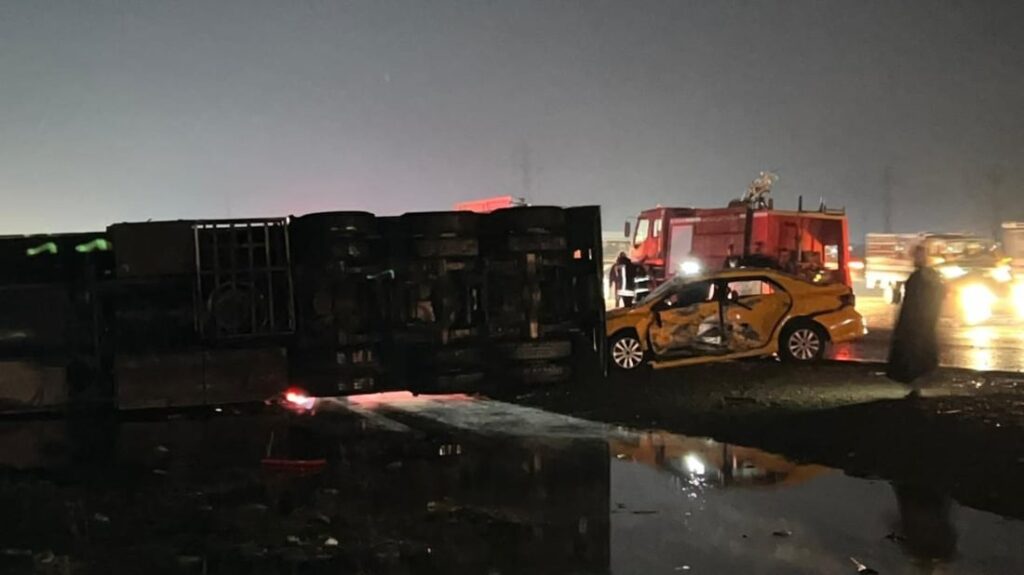Sunday's vote in Iraq clouded by a disillusioned electorate

BASRA, Iraq (AP) — Blinking under the garish lights of a hotel ballroom in southern Iraq, Wael Makhsusi argued his case to a young audience.
Microphone in hand, the engineer in his 30s stood onstage in Basra with other novice candidates in Sunday's parliamentary election. Among them were independents and hopefuls drawn from the protests that filled the streets two years ago with demonstrators angry about high unemployment, government corruption and lack of basic services like electricity and water.
If elected, Makhsusi told the crowd, he'd fight tirelessly for their rights, but a bespectacled man who stood up wasn't buying it. “You’ve painted such a rosy dream for us, but I am not convinced I should vote for you,” the man said as the crowd burst into applause.
The scene last month underscored the difficulties faced by the candidates: They are telling Iraq's disillusioned youth, the country's largest demographic, to trust an electoral process that in the past has tainted by tampering and fraud. But apathy and distrust are widespread, and some of the same pro-reform activists whose protests in 2019 led to the vote now are calling for a boycott at the polls after a series of targeted killings.
“The election won’t be perfect,” acknowledged candidate Noureddine Nassar in Basra, but he added that even if it improves by only a third over those in the past, that will be “better than the current system.”
Activists like Nassar are pinning their hopes on a redrawn map of electoral districts — a concession to the reformers — and argue that voting is the only path to change.
“We have a new generation, born after 2001, who are eligible to vote now,” said Awatef Rasheed, an independent candidate in Basra. “I am relying on this generation.”
The increased number of districts allows for better local representation and gives independents increased chances of winning. In addition, 70% of registered voters will use biometric cards, eliminating the multiple voting that plagued the 2018 election.
That balloting saw a turnout of only 44% of eligible voters — a record low since the U.S.-led invasion that topped Iraqi leader Saddam Hussein.
The electoral law changes fell short of demands by protesters. Activists had wanted more of the smaller districts, but after 11 months of talks, lawmakers agreed on 83, up from 18. The lines were drawn to facilitate a 25% participation quota by women for 329 parliament seats.
The smaller districts also favor powerful local tribes and religious figures, and the mainstream parties already have forged alliances with them.
Still, the new law paved the way for parties drawn from the protests to emerge, such as the Imtidad Movement, which is expected to do well in the southern province of Nasiriyah, a flashpoint in the demonstrations. One of its candidates is Makhsusi, who says he wants to chip away at the entrenched political establishment.
But it also helped better-funded and more experienced mainstream grassroots parties such as the Sadrist Movement of populist cleric Muqtada al-Sadr, whose party won the most seats in 2018. Its members already are anticipating a favorable outcome.
“The Sadrist Movement will get a lot of voters because we have our people in the whole city of Basra,” said Mohammed al-Tamimi, a Sadrist official and the deputy governor of Basra.
Their calculations rely on the assumption that people like Wissam Adnan won’t vote. He is the founder of Jobs in Basra, a social media platform created to help the unemployed in the city.
“None of them have made any changes for the people, so why should we vote for them?” Adnan said of those in power. That's a popular opinion in Basra, which despite its oil wealth is plagued by poverty, joblessness and a crumbling infrastructure that delivers filthy tap water and chronic power outages.
“Given the absence of credible alternatives and the overwhelming sense among Iraqis that the system is immune to internal reforms, the choice of not voting can be the only means for a voter to express their rejection of the status quo,” said Randa Slim, of the Washington-based Middle East Institute.
Over 600 people died in the October 2019 mass protests, known in Arabic as the Tishreen revolution for the month they occurred. Security forces used live ammunition and tear gas to disperse the crowds.
The protests died down after few months because of the brutal crackdown and the coronavirus pandemic. But since then, 35 people have been killed in targeted assassinations of activists, protest organizers and independent candidates, creating a climate of fear and intimidation. Another 82 people have been wounded in attempted killings that many suspect were carried out by militia groups, according to the Iraqi Human Rights Commission.
Calls for an election boycott rang out in particular after the slaying in Karbala this summer of prominent activist Ehab al-Wazni. There have been vocal demands for serious efforts in bringing weapons under the control of the state — a tall order in a country awash with militias and guns.
Among those groups seeking to consolidate their political dominance through the election are hard-line Shiite militias backed by Iran.
The United Nations is ramping up a rare monitoring mission that many hope will boost turnout, and Iraq's electoral commission is working to correct systemic flaws exploited by elites. But some parties are resorting to the well-worn tactics of buying votes through favors, jobs and cash.
Ali Hussein, a young religious scholar running as an independent, admitted he didn’t know how to get people to vote for him.
“I have been shocked by the requests from people, asking for roads, electricity. Some candidates are giving people food for votes, or taking their personal information and telling them, ‘I will hire you if you vote for me,’” he said. “It’s created confusion about what our duties are supposed to be and we don’t know how to talk to the people.”
In the Baghdad suburb of Sadr City, women were promised new abayas - loose robes worn by many Iraqis - for voting for a specific candidate. In Basra’s Zubair neighborhood, a party is helping residents sort out bureaucratic paperwork. Others said militias offered to protect their communities if they voted for their parties.
With such tactics arising long before election day, few have faith in U.N. poll watchers.
For months, the U.N. has been providing technical assistance to Iraq’s electoral commission to close loopholes exploited by parties. According to three U.N. officials, a key condition was that ballots not be moved before an initial count in individual polling stations, eliminating the chances of manipulation.
Back at the Basra rally, a dark mood settled over the audience as Ali Abdel Hussein al-Eidani told the candidates that his son had been killed during the protests.
“Will you avenge him?” the elderly man asked, tears welling in his eyes.
The moderator, activist Ahmed Yaseri, stepped in to return the discussion to increasing turnout for the election.
“We want to see the future. We don’t want more blood,” he said.
Copyright 2021 The Associated Press. All rights reserved. This material may not be published, broadcast, rewritten or redistributed without permission.




